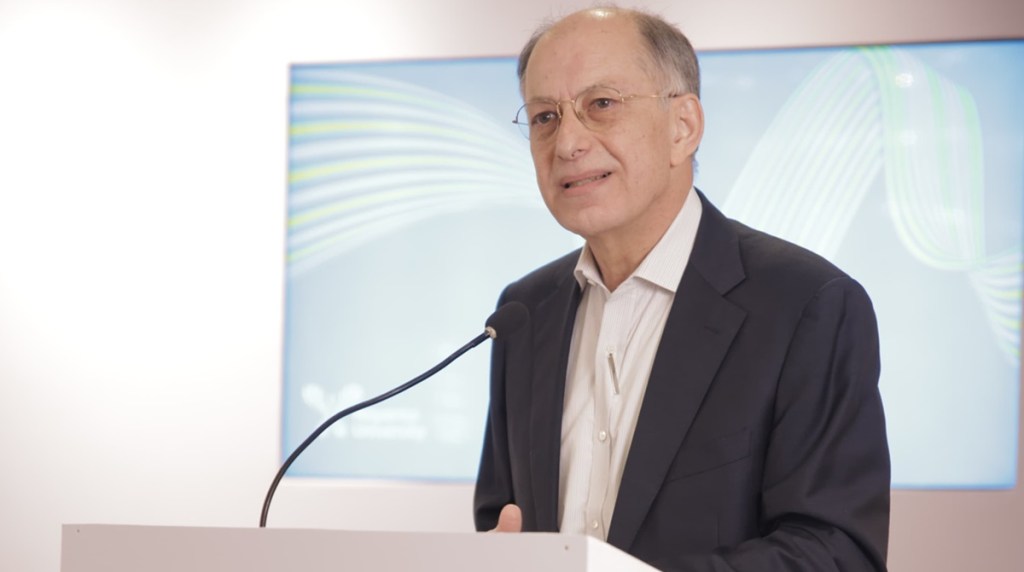An Economic Survey is apparently much more than a report card on the economic performance of the country. Apart from dishing out numbers that let both the hopefuls and the hopeless hinge their hopes on a better future, it would serve an important purpose if its author, the chief economic advisor, were to use it as a medium to explore new ideas. According to Naushad Forbes, co-chairman, Forbes Marshall and former president of the Confederation of Indian Industry (CII), “the CEAs have increasingly been using the document to explore new economic ideas.”
How much of this gets done this time will hopefully be known by January 31 noon as also the extent to which it helps craft good economics into policy-making. “It is an economic survey at the end of the day. How much of it turns into reality and policy on the ground is a political decision,” says Forbes and believes “we have a fine CEA at present and hopefully we will see an economic survey that is consistent with what we need as a country.”
On the new ideas from the past, he says, the last economic survey had a strong focus on employment, which is one among the top two or three priorities over the next decade or two for the country. It looked at extent to which employment had to move from agriculture and absorbed into services and manufacturing. The last survey, he reminds, also raised the question of investment from China and saw the issue from the perspective of the huge trade deficit ($100 billion a year) with China and then looking at encouraging Chinese companies to invest in India with all the restrictions and caution for strategic sectors. “So, instead of the huge trade deficit with China get the Chinese to produce in India. It is not a policy proposal but an idea that the last survey explored,” he says.
Leading on the budget and what one could hope for there, Forbes an author of of a popular book, ‘The Struggle And The Promise: Restoring India’s Potential’ says, “first the budget needs to not do some things. It should not tinker to seem popular.” For instance, he refers to modifications in income tax rates, including raising entry-level slabs, “we should have outgrown that as a country. It could instead look at income tax system more broadly and then look at rationalising elements in it.” Second, he hopes to see “some broad direction for reform over the next three / four years. In this term of the government, what should we expect as a country and that could be powerful signalling in the budget. If we have these, it will be a good budget.”
Some of the signals, he feels, could be on whether we as a country seeks to reduce tariff protection, which has gone up significantly over the last six to seven years. Or a reversal of the tariff protection and a more opening out to the world again? Whether, it is an idea whose time has come or not will be known over the next couple of days.
